
Brooksville's story begins in the 1840s with Fort DeSoto, a military outpost established around 1840 to protect settlers from Native American conflicts. Located on the northeastern edge of present-day Brooksville, the fort served as both a defensive position and a trading post, becoming a regular stop on the Concord stagecoach line that ran from Palatka to Tampa across the Florida frontier.
The fort's location proved challenging due to a heavy bed of limestone that made obtaining water extremely difficult, forcing the community to relocate about three miles south. There, the Hope and Saxon families had established a settlement that became known as Pierceville, while another nearby community called Melendez also took root in the rolling hills that distinguish this region from most of table-flat Florida.
In 1856, these two communities merged to form a single town, which residents controversially named "Brooksville" in honor of South Carolina Representative Preston Brooks, who had gained national notoriety for caning abolitionist Senator Charles Sumner on the Senate floor. While the name change reflected the political tensions of the pre-Civil War era, it wasn't officially recognized by the Post Office until January 10, 1871.
Brooksville's strategic location made it the natural choice for Hernando County's seat of government. Initially, the small port town of Bayport served as county seat in 1854, but residents in the eastern section of the county lobbied for a more central location. By 1855, voters had selected the inland site at Melendez, and the newly merged Brooksville officially became the county seat in 1856.
The late 19th century brought prosperity through cattle ranching, led by the influential Lykes family. Dr. Howell Tyson Lykes abandoned his medical practice in Columbia, South Carolina, in the 1870s to take over a 500-acre family cattle ranch in rural Hernando County. His successful expansion of cattle holdings and pioneering exports to Cuba made the Lykes Brothers operation one of Florida's most important agribusiness enterprises.
The Lykes family's contributions extended beyond ranching - they established the first school in nearby Spring Hill and funded the library that still bears their name in Brooksville. The family's success helped establish the region as a major cattle-producing area during Florida's most prosperous ranching era in the late 1800s and early 1900s.
Today, Brooksville maintains its historic character with cobblestone streets and Spanish moss-draped oaks surrounding the picturesque courthouse square. As a Florida Main Street community since 2016, the city balances preservation of its 1870s and 1880s architecture with modern revitalization efforts. The downtown features museums, galleries, and historic sites that tell the story of one of west-central Florida's oldest settlements, standing just 12 miles from the geographic center of the state.

Veterinary Care
Mobile veterinary service providing in-home care for pets, including wellness exams, vaccinations, and end-of-life care.
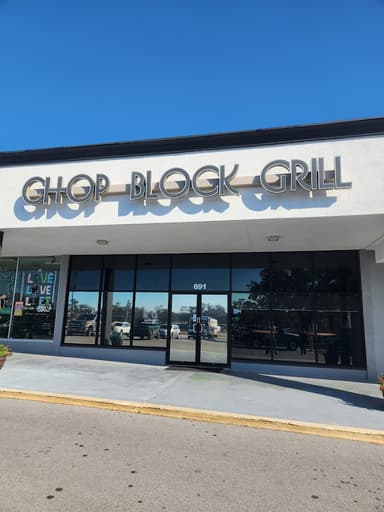
Restaurant
Offers a diverse menu with expertly cooked steaks and flavorful chicken dishes in a cozy, welcoming atmosphere.
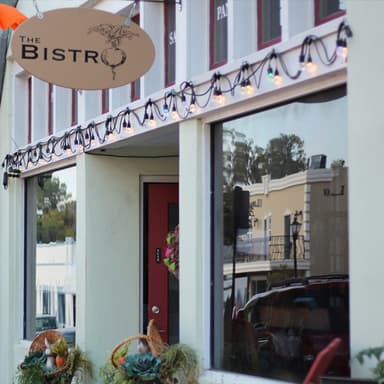
Restaurant
Offers a fun atmosphere with woodfire pizzas, salads, and a full bar. Known for excellent service and creative food pairings.
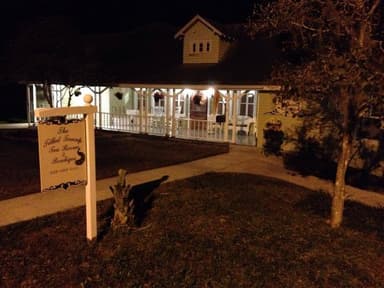
Tea Room
Offers a quaint tea room experience with a variety of teas, finger sandwiches, and scones, plus a boutique for shopping.
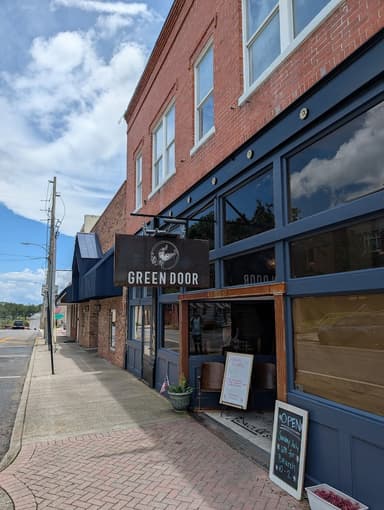
Restaurant
Offers a unique Cajun dining experience with dishes like shrimp and grits, gumbo, and fried green tomatoes in a charming atmosphere.
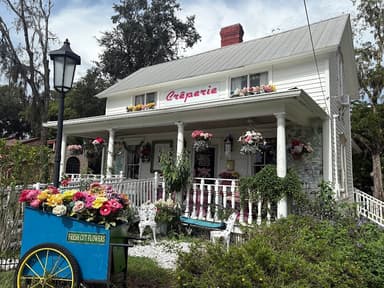
Restaurant
Offers authentic French crêpes with diverse menu options, including vegetarian and gluten-free, in a charming, whimsical setting.